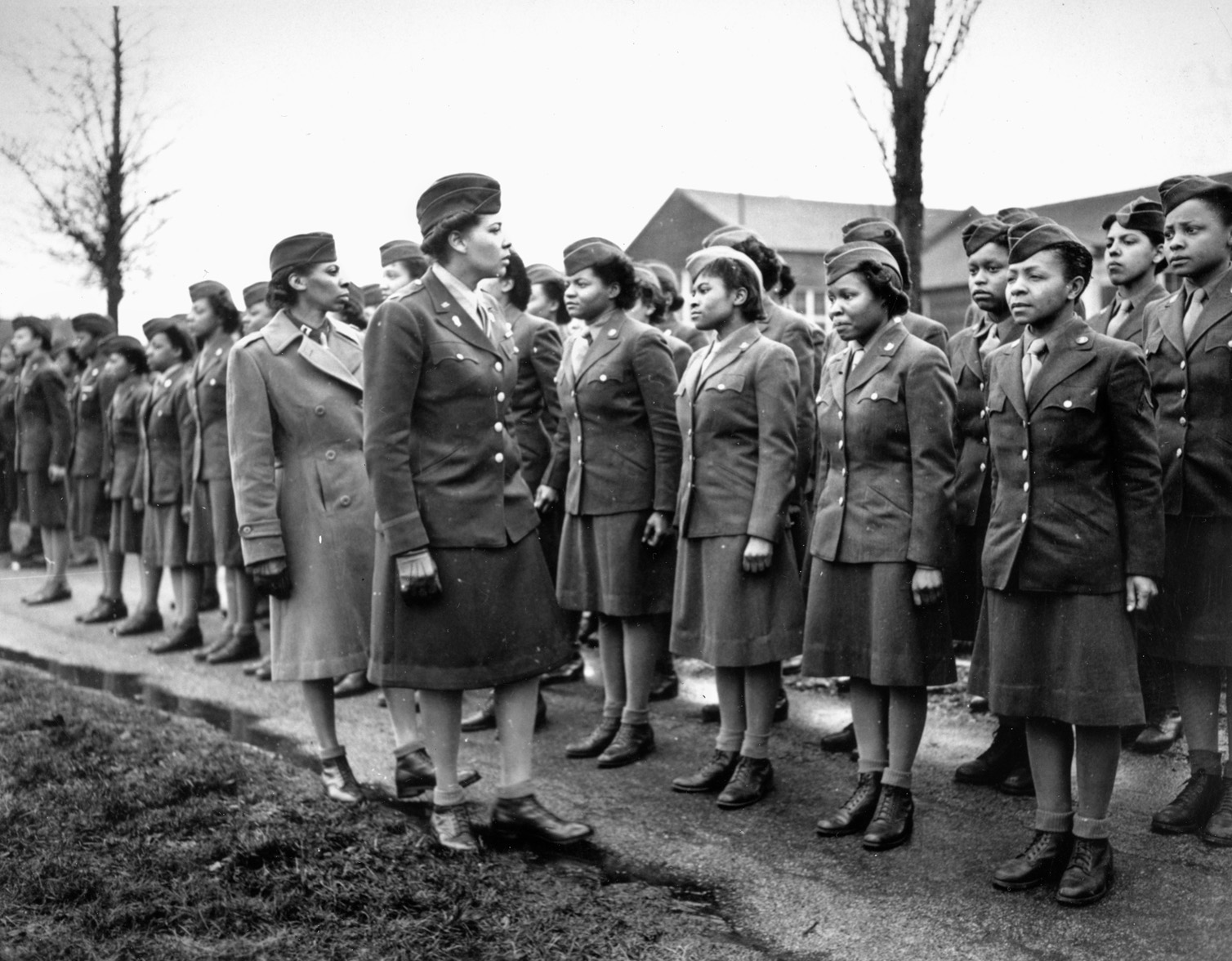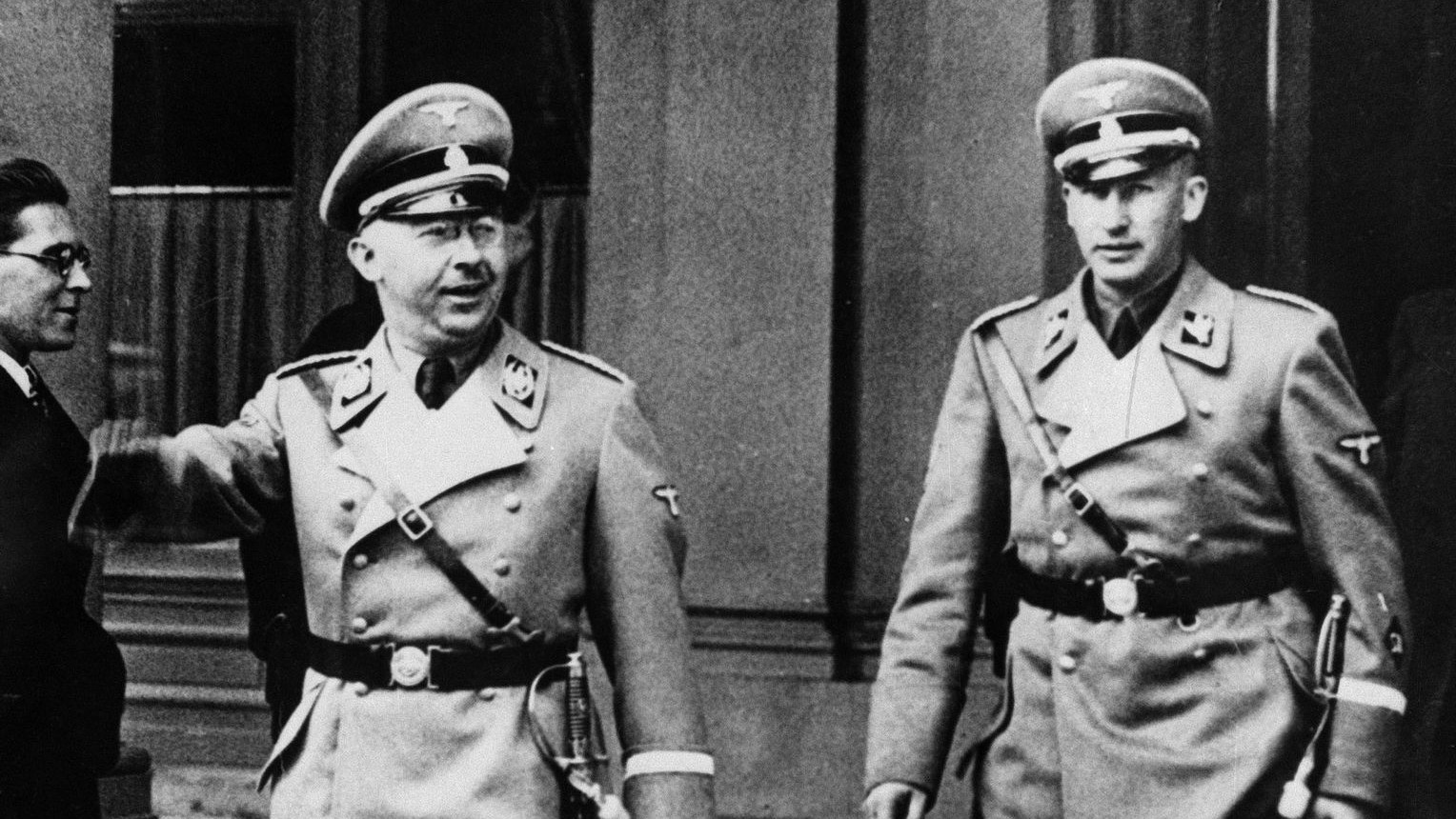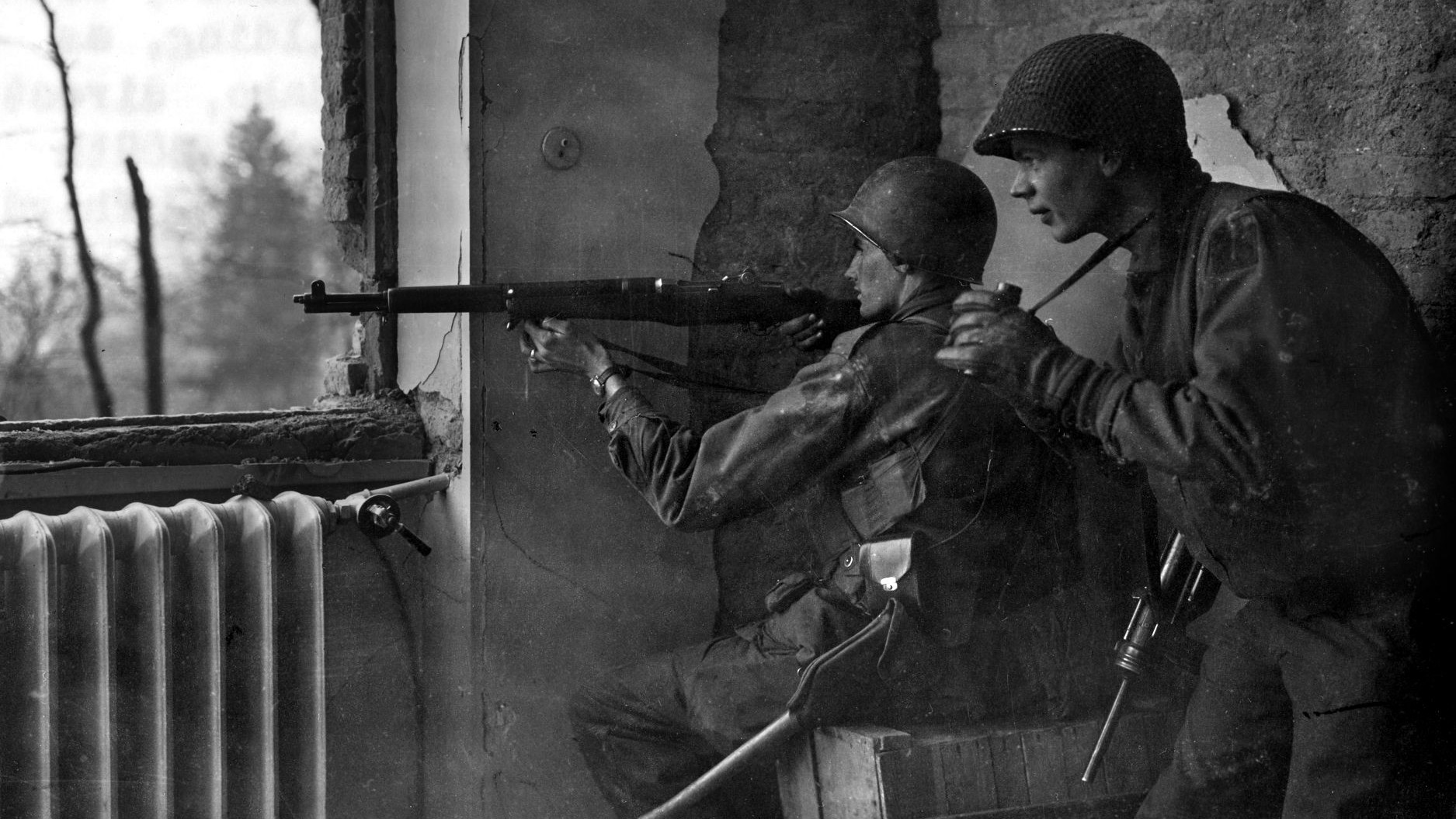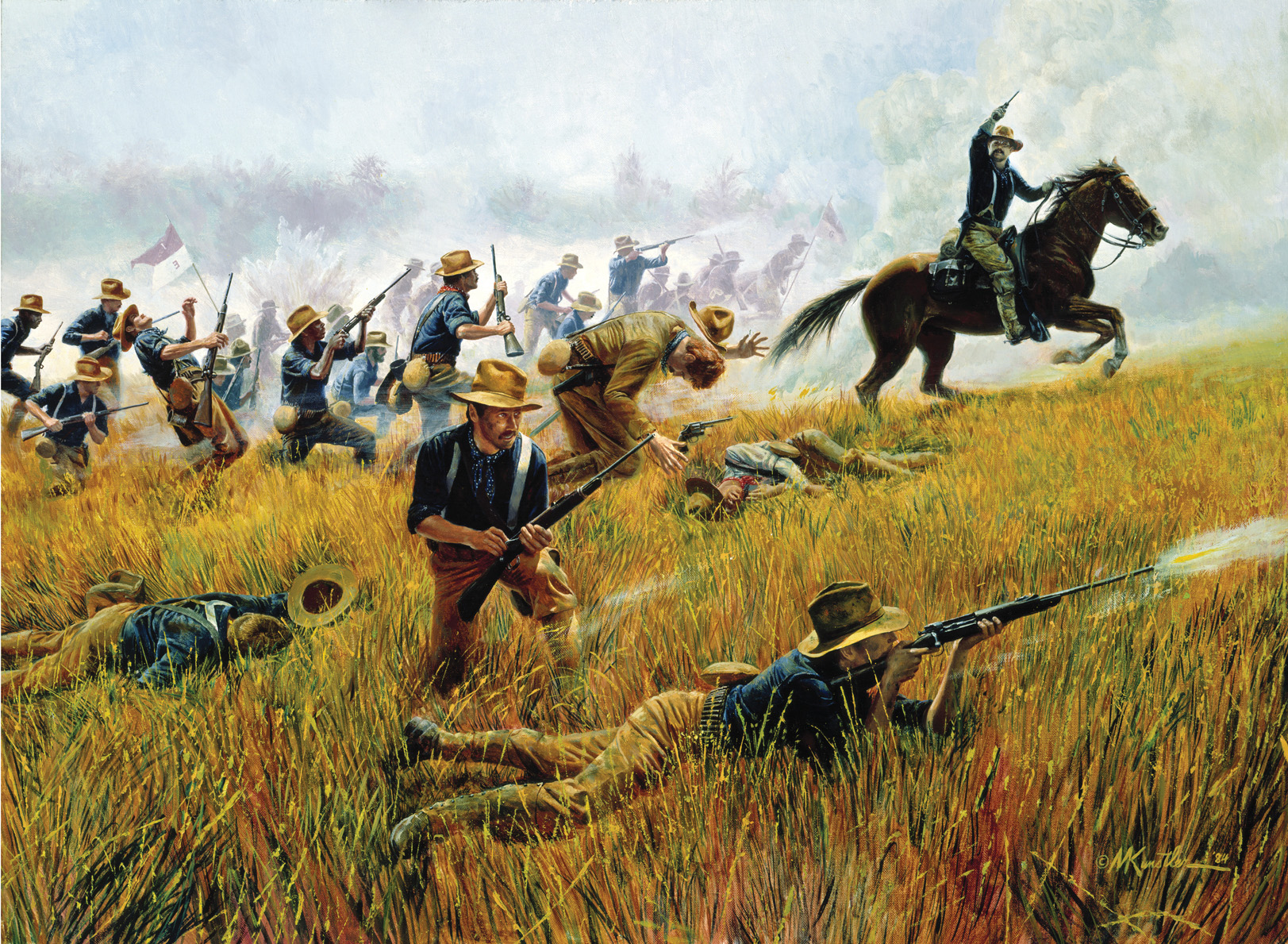After years in obscurity, the story of the 6888th Postal Directory Battalion is coming to selected theaters and to Netflix in December with the release of the feature film, The Six Triple Eight. And it’s a special delivery to be sure.
The film tells a tale of the trials and triumphs of American military personnel that is unique amid the chronicles of service in World War II. The 6888th was the U.S. Army’s only all-female, all-Black unit of the Women’s Army Corps to serve in the great conflict and actually deploy to an active theater of operations outside the continental U.S.
The catalyst for the much-anticipated motion picture is actor/filmmaker Tyler Perry, who became captivated with the people and places of the 6888th, as well as the unit’s inspirational response to the duty at hand. Perry read the story of the 6888th written by Kevin Hymel, a U.S. Army historian, author and research director for WWII History magazine for years. It was Hymel’s compelling and thoroughly researched account that finally brought the 6888 th into the spotlight and inspired Perry.
Hymel was tipped off about the 6888th by co-worker Jean Davis, who mentioned the unit when the two were involved in the Army’s Freedom Team Salute project in 2008. He followed the lead to produce the basis for Perry’s film. WWII History editorial director Carl Gnam provided a big boost when he contacted Hollywood film producer Carlota Espinosa, whose enthusiasm for the tale of the 6888th grew steadily as she enlisted the support of fellow producers Peter Gruber and Keri Selig. When Espinosa further introduced the opportunity to Perry, he joined in to produce, write and direct, while Kerry Washington, star of ABC’s television series Scandal for seven seasons, enlisted to star in the motion picture and serve as executive producer. Other Hollywood luminaries appearing in The Six Triple Eight include Oprah Winfrey, Susan Sarandon, and Sam Waterston.
The women of the 6888th were devoted to their task, and it was monumental. After training in Fort Oglethorpe, Georgia, the unit reached Britain in February 1945 after crossing the hazardous waters of the Atlantic Ocean amid the wartime threat of German U-boats. Within days, the women were presented with a three-year backlog of undelivered letters, postcards, etc., intended for American service personnel in Europe.
They took on the veritable mountain of mail with vigor, adopting the motto “No Mail, Low Morale.” Assaulting the accumulated 17 million pieces, they worked seemingly endless hours in dark, dank warehouses while rats scurried over their feet and the occasional Nazi V-1 Buzz Bomb or V-2 rocket exploded close at hand, shaking the buildings to their foundations. And they delivered.
The women of the 6888th not only distributed the mail, but also endured the racial discrimination that was rife in the day. Because of Hymel’s commendable effort, a gem of a vignette emerged during an interview with one of their number, Lena Derriecott King. At age 95, the vivacious King told of an evening in a local theater when she was informed by Military Police that her charges were not sitting in the area designated for “colored people.” When an officer of the 6888th confronted the colonel commanding regarding the injustice, her strength of character led to an official announcement that the theater, bowling alley, and cafeteria would no longer be segregated.
Hymel has rendered a great service in the effort to remember those who made significant contributions to the war effort. Since then, he has conducted numerous interviews with the elderly veterans of the 6888th , written articles, and collaborated with Perry and the film team as an advisor.
In 2022, the 6888th was honored with the award of the U.S. Congressional Gold Star, and President Joe Biden lauded the veterans “in recognition of their pioneering military service, devotion to duty, and contributions to increase the morale of personnel stationed in the European theater of operations during World War II.”
Thanks to Hymel, Perry, and now so many others, The Six Triple Eight brings the story of this dedicated unit that persevered through tremendous adversity to a much wider audience—and no doubt to greater acclaim that is so richly deserved.
Michael E. Haskew








Join The Conversation
Comments
View All Comments